The Meaningless Athleticism of 1917
The war film is about as old a genre as cinema is an art form. It was a subject where there was always plentyof recent history to pull from for cinematic inspiration. More than a hundred years later, we have seen a multitude of innovative masterpieces within the genre. Although they seem to be released less frequently than they once were, there is always at least one film documenting the experience of a soldier on the battlefield. Late last year, the highest profile one came from Sam Mendes, a prestige director who broke into blockbuster territory with his two entries in the Bond franchise. He previously directed the extremely effective and entertaining anti-war film Jarhead (2005). This time, he reunites his usual suspects of department heads to tackle a war story that belongs to his family name. Welcome back to the hell that was 1917.
It’s impossible to talk about this film without starting with the “making of” process. The story of two British soldiers having to relay a message to halt an English assault on German forces comes from Sam Mendes’ grandfather, Alfred Hubert Mendes MM, member of the 1st Rifle Brigade. The narrative of the movie is a fictionalization of several stories that Mendes’ grandfather passed along to young Sam, long before his directorial debut on the stage and screen. This is Sam Mendes’ first official screenplay credit, which he shares with Krysty Wilson-Cairns (one of the staff writers from the Mendes-produced show Penny Dreadful). During the writing process, Sam knew that the most effective (and risky) approach to telling this story would be to shoot as if the film were one continuous take (a technique he used in the opening of 2015’s Spectre). The idea behind this is admirable, the continuity would immerse the audience in the experience of our protagonists (Dean-Charles Chapman, and George MacKay), and simulate the fear and tension that follows them along their journey.
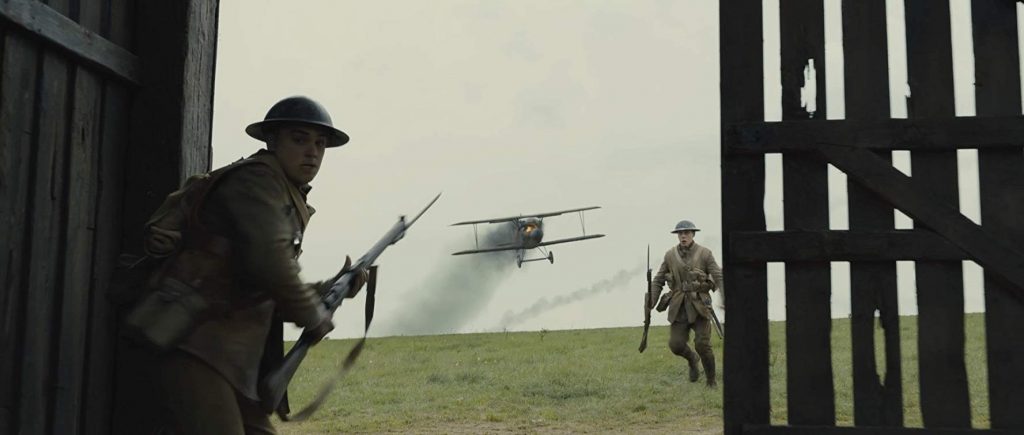
Based upon the critical and audience reception of the film, the effect worked quite swimmingly. I wish I could join in the celebration, but the film left me quite cold. I cannot express enough my excitement at the time of going to seeing this movie, my reverence for the cast and crew as well the idea of a “single shot” war film made it one of my most anticipated films of 2019. To my disappointment, I found it to be a tedious trek, with all but one moment of surprise having already been shown by trailers and various other advertising. The nature of the film’s continuity was actually quite distracting. It felt like a director reveling in his own design rather than a story that progressed in real-time.
The obvious comparison pieces to this film are Saving Private Ryan (1998) and Dunkirk (2017). Steven Spielberg has always shot with very long takes and minimal cutting, and the benefit of this in his 1998 masterpiece is that you are able to establish the geography of the environment, travel through with Tom Hanks’ squad, and are able to cut away to the next perspective that moves the story along (or where the choke point of the conflict has relocated). In Christopher Nolan’s 2017 blockbuster, he plays with the audience’s perception of time in order to keep the action of the film in constant motion. He forgoes the context of a film’s first two acts, and allows the situations the character’s find themselves in to be context enough to root for their survival. 1917 attempts to marry these two ideas; traveling through a consistent environment whilst experimenting with a film’s ability to express the passage of time to the audience. Perhaps Mendes would have succeeded if these characters’ contained more definition.

The script provides moments of dialogue that express (vague) character traits of our two heroes, but there is nothing that really ties these moments together in a meaningful way. I would like to take this opportunity to praise George MacKay, who despite having very little help from the screenplay, delivers an extremely present and emotive performance, without losing subtlety and nuance. The ability to walk the emotional line he does is the mark of a powerful actor. He creates a thread for the audience to follow along with, a thread that does not exist without him. The film uses the stunt casting of prominent English actors to exist as exposition-dump cameos, but with the exception of Mark Strong and Richard Madden’s appearances, they feel like half-baked ideas that don’t pay off. Blake and Schofield (Chapman and MacKay, respectively) believe their sole obstacle to be the German forces, but what they find is that the aftermath of recent skirmishes, the terrain they navigate, and the British officers they must confer with are the real challenges of their journey. However, without spoiling anything, some of these challenges are not as difficult as they are made out to be.
I don’t enjoy being so hard on this film, and I might not have been if there were a stronger narrative undercurrent. We understand that war is hell, but this has been explored in stronger ways (a recent example being Fury, a personal favorite from 2014). The First World War in particular was a gruesome affair, an idea that was surprisingly more fleshed out in 2017’s Wonder Woman with its depiction of the heinous introduction of chemical warfare. This film bookends itself visually, but when you look beneath the surface at the arc of it, it is contradictory. At first, you believe this to be a story about “men on a mission” or “greatness from small beginnings.” But given how it resolves itself, you wonder if an attempt at a “war is meaningless” message negates the struggle that you’ve witnessed these characters go through for 120 minutes.
Everyone involved seems up to the task, Roger Deakins give us reliably beautiful imagery, Thomas Newman provides one of his all-time best scores (it’s been on my playlist for the last month, and I imagine it will be for the next year), but their foundation is an underwhelming narrative. There is only so much you can do with a weak structure, however well-intentioned Mendes may be. To extend an olive branch to the film, the level of coordination and athletic ability it took to make this film is staggering. Constructing the environment they must film, the camera operator having to follow the actors through the literal trenches, it cannot be undersold how difficult it is to make a film like this. I commend them for taking the challenge, it is a feat of technical filmmaking.
The bottom line of the enjoyment of this film comes down to the expectations that you come in with. If you are looking for a well-crafted thriller set in the backdrop of World War I, then you may just get what you’re looking for (provided you haven’t seen any trailers for it, or no one has told you what happens by now). If you are looking for a thorough examination of the emotional realities and experience of an infantryman, or the nature of war, you may find yourself disappointed. Thankfully, there are plenty of other examples of this theme on film, worth revisiting and discussing until a new one comes along.
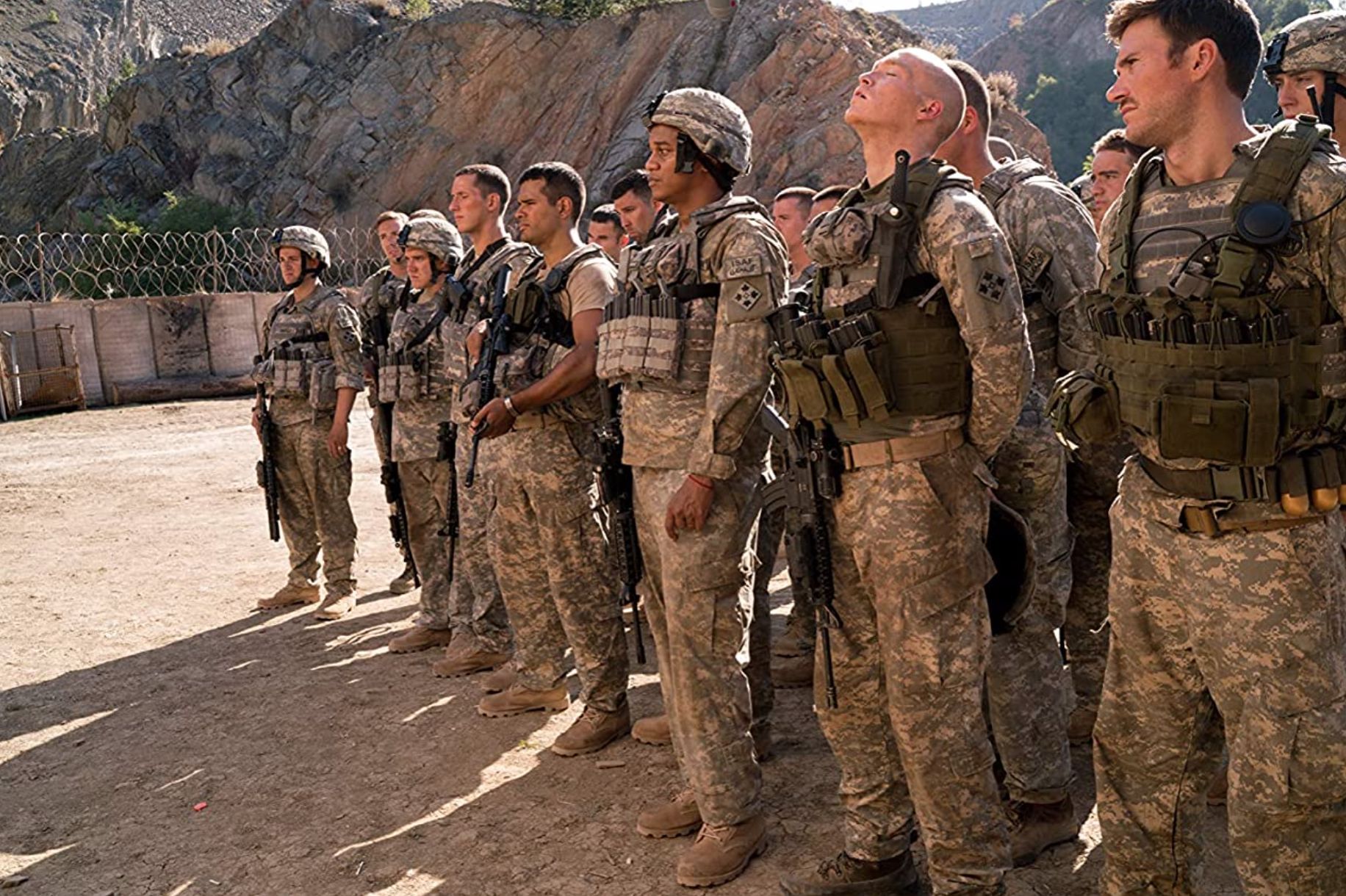

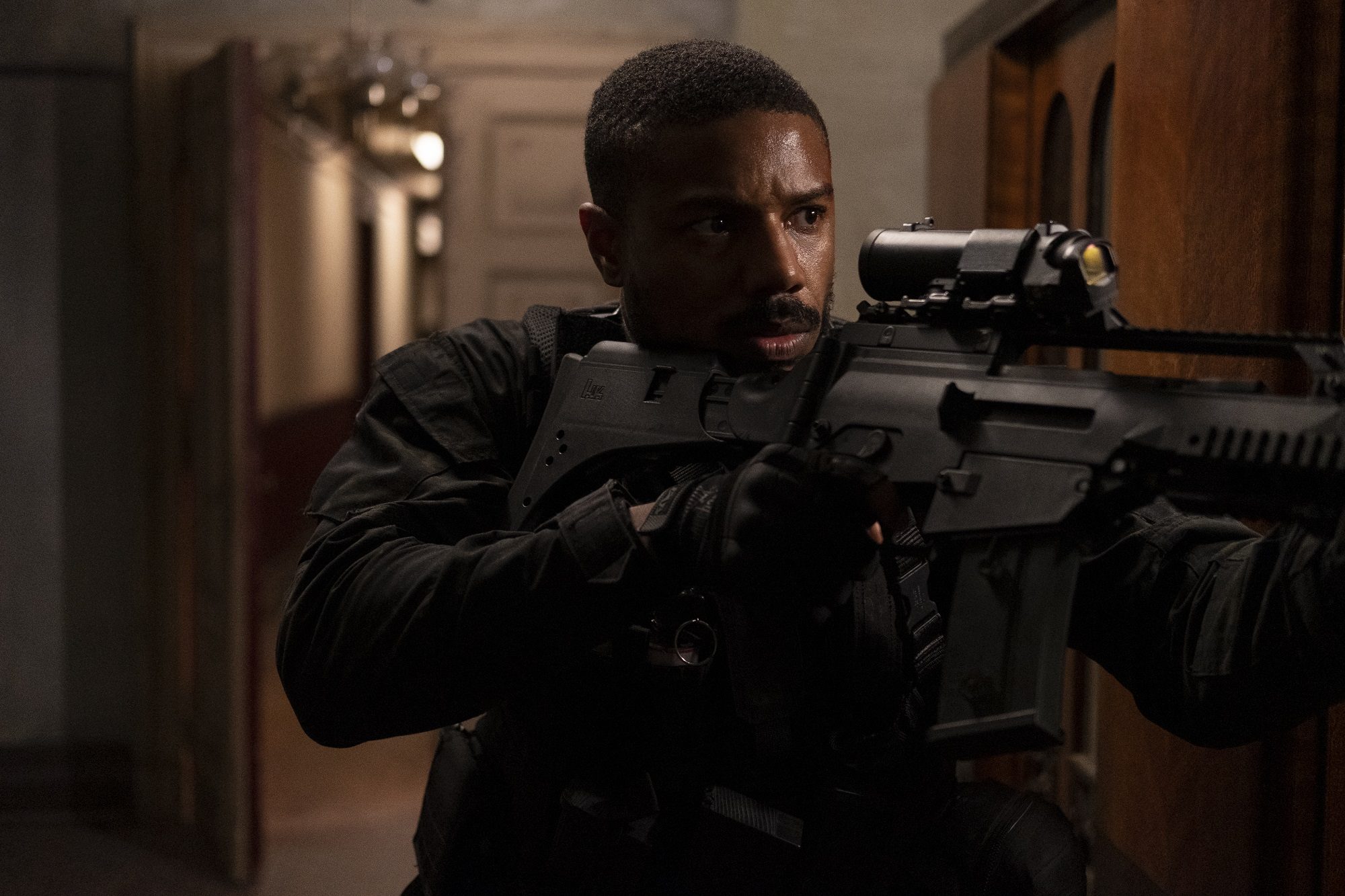
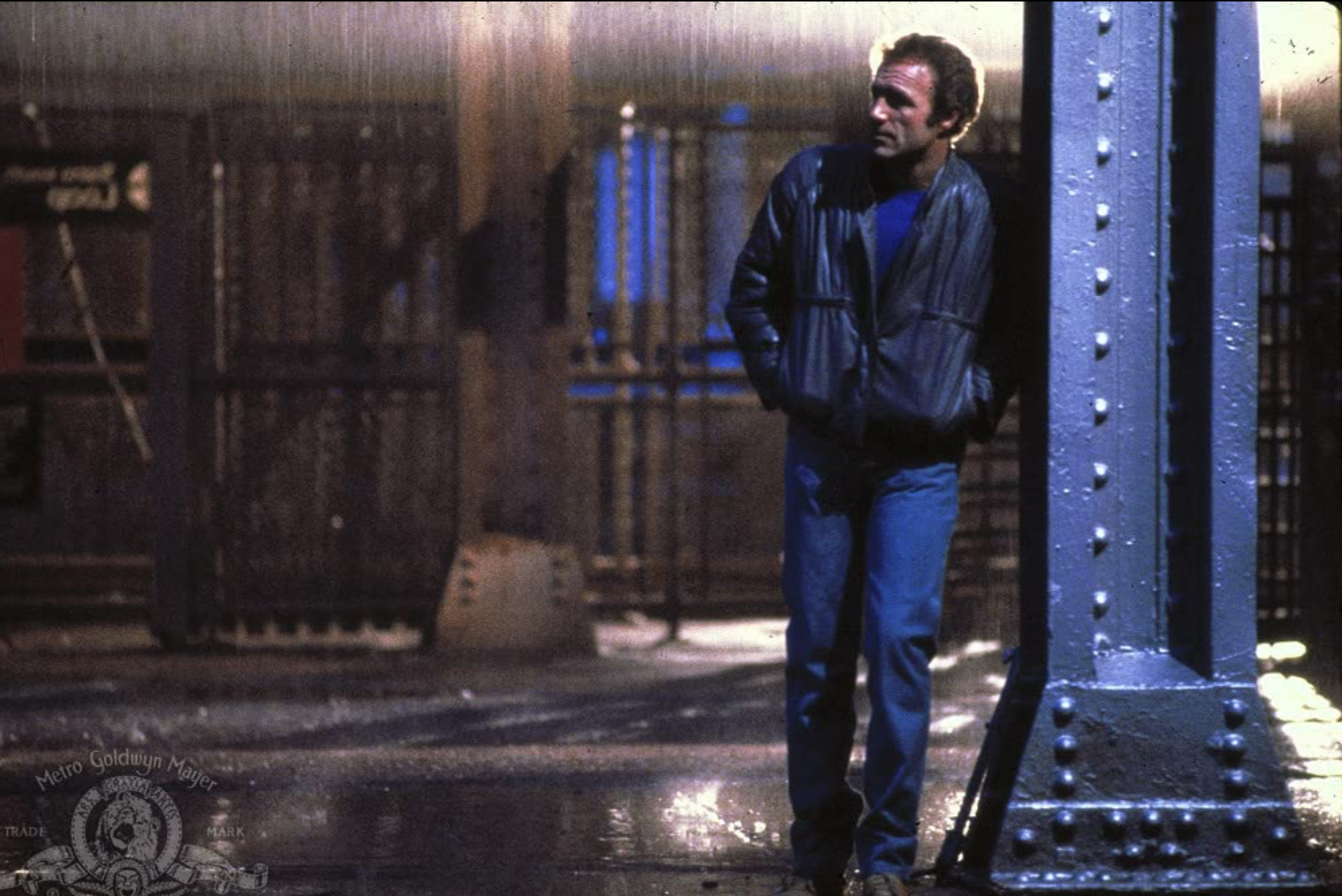
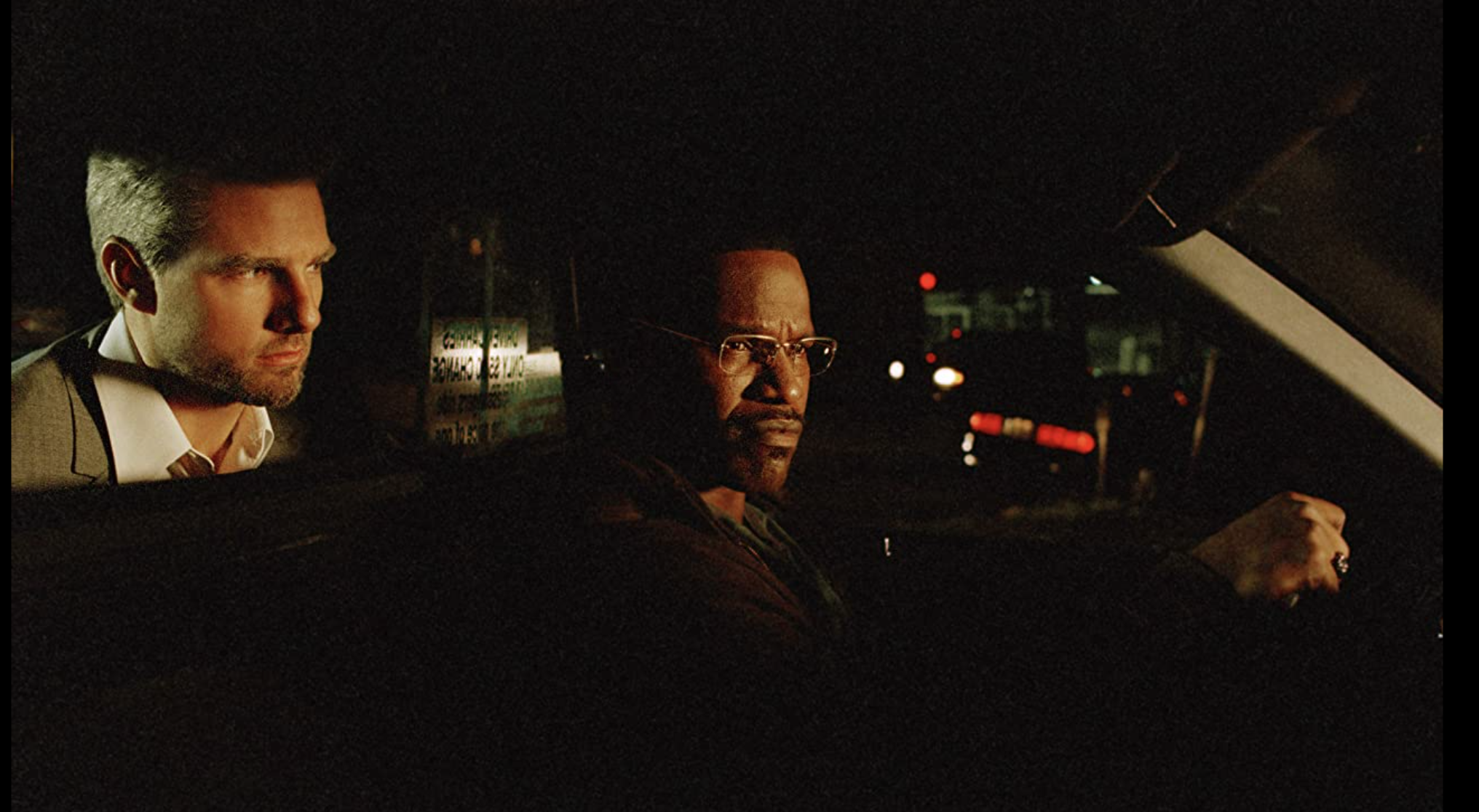
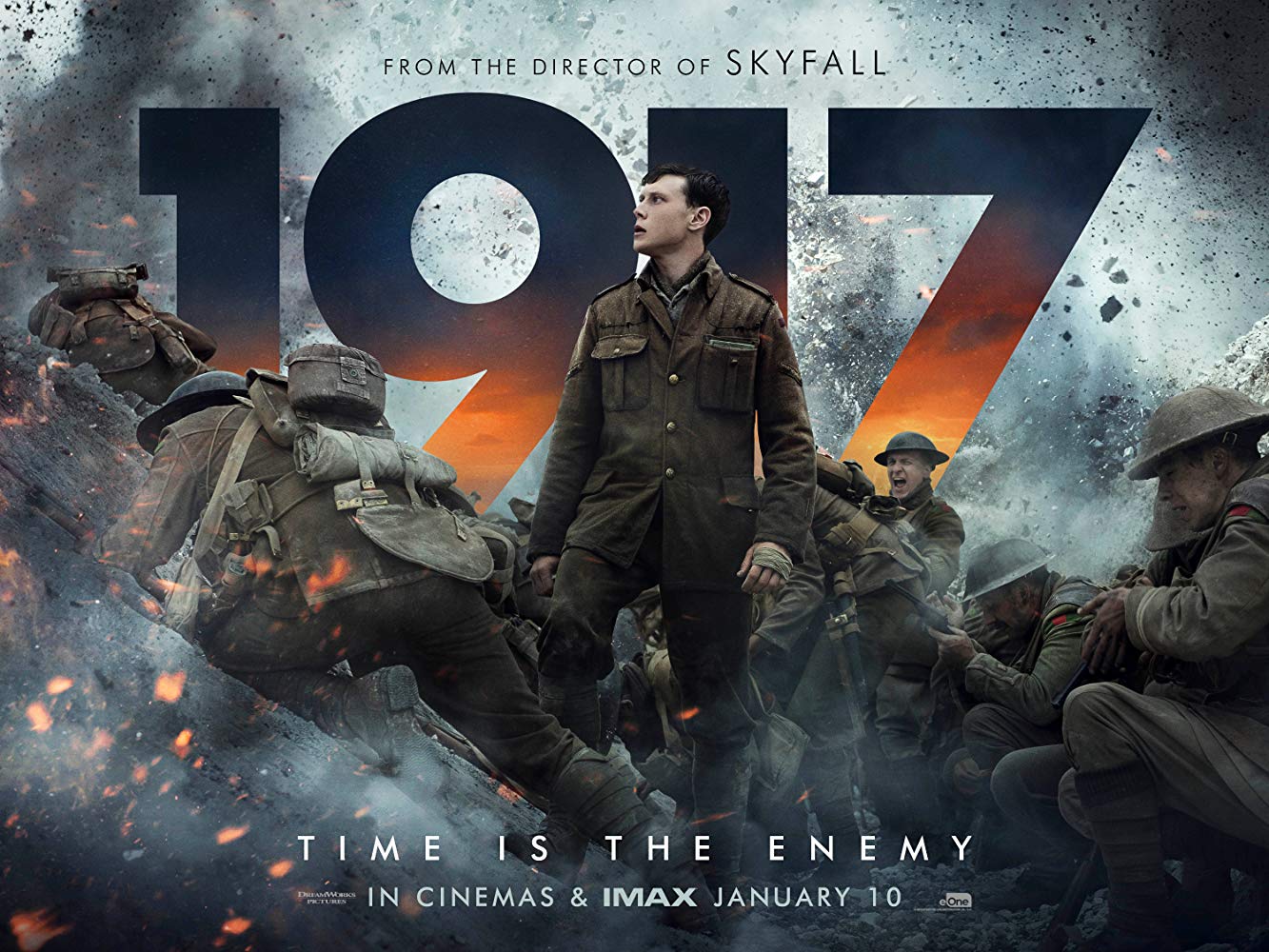
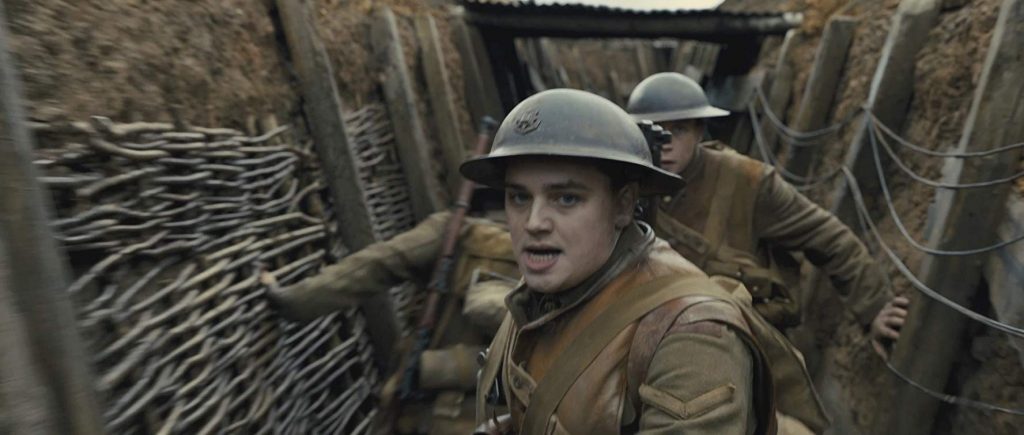

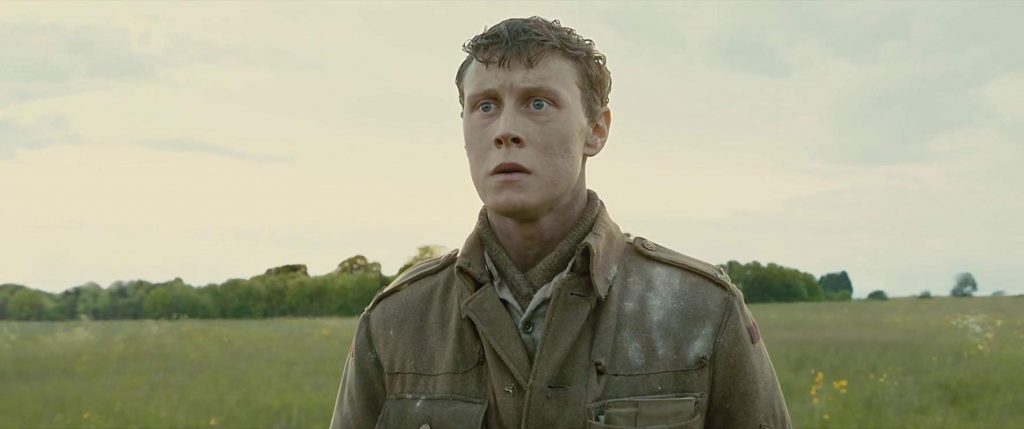

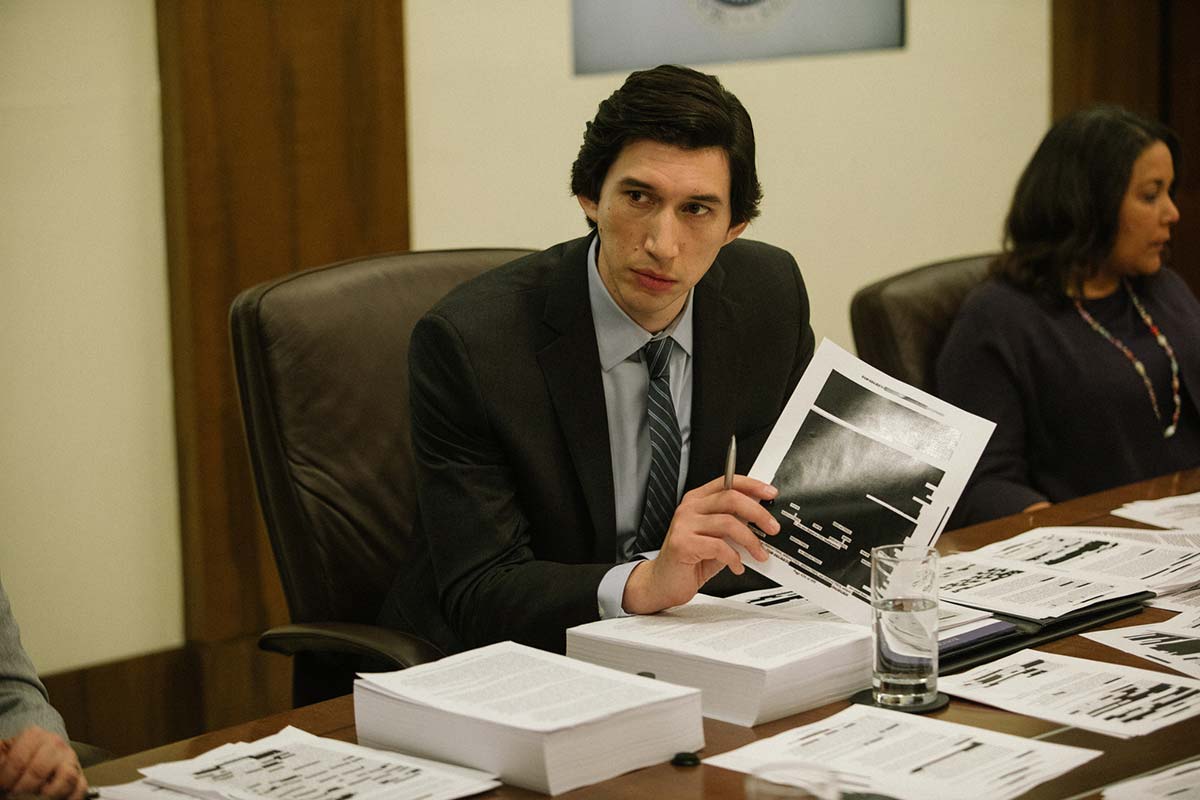
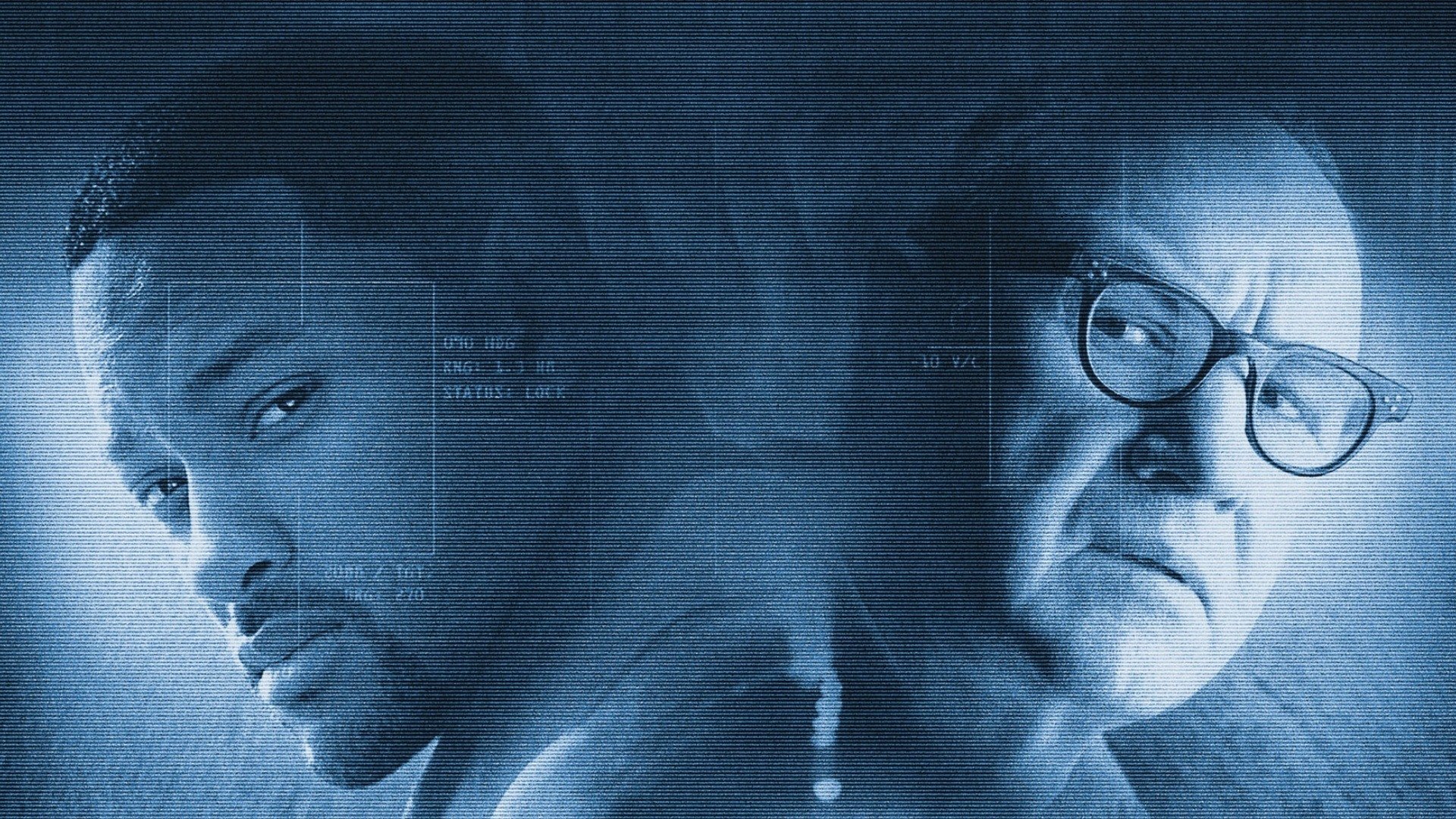
Comments